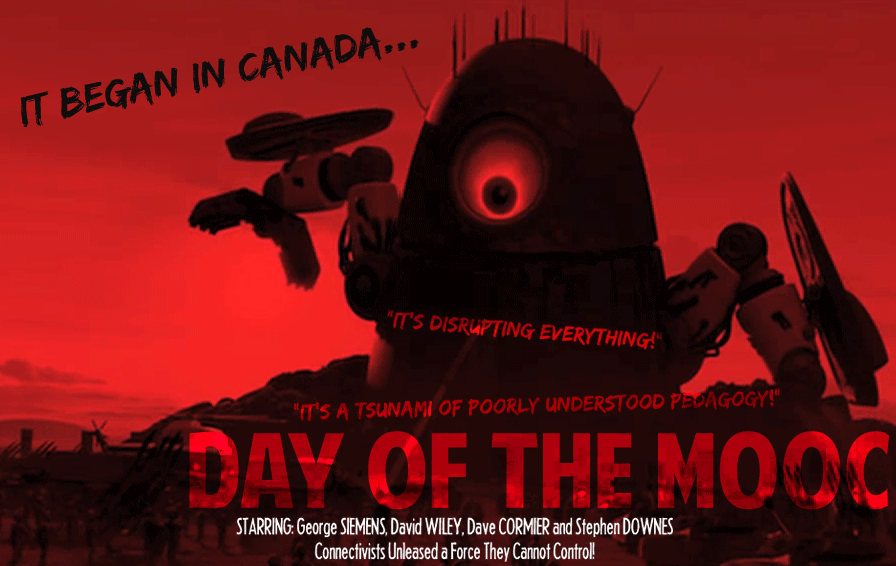What is Self-Consciousness? Primitivism, Deception, and Modernity
Tuesdays 9-11 (KJC-112), Winter Semester 2013
Course description:
Every idea of the modern includes a concept of the primitive. Primitive humans, we are told, inhabited a world without self-consciousness: in daily life, no gap between action and belief (Mircea Eliade); in aesthetics, no “representation,” only presentation (Heidegger); and in history, no fracture between the event and its possibility (Hegel). This course ranges across many of the central theorizations of modernity in order to ask questions about the nature of our contemporary self-understanding as moderns. We will begin with six weeks on modernity, before turning to the nexus of primitivity, animality, and metaphor. The last two weeks will be focused on the history of debates over metaphor and cosmology in Chinese writing, which will serve us as an extended case study. Because the concept of modernity lies at the heart of contemporary understandings of global history, the course is designed to serve as a theoretical background for the general problem of the transcultural as a concept, to ask how such a concept has been modified by—but perhaps also includes in advance—theories of history, of truth, and of self-consciousness.
Work and grading:
I will be asking you for roughly 6000 words of written work during the course. These words will be divided as follows:
- Three micro-presentations (600 words each), to be made in class. We will discuss these on the first day, as they will begin next week.
- 1200 words of in-class writing (ungraded), the first 300 of which will happen on the first day of class.
- One 3000-word paper to be written at the end of the course.
For the presentations and the final paper, I would prefer if you submitted your work to me in Garamond or Times New Roman, double-spaced, so that I can comment on things as necessary.
Equal access:
I encourage qualified people with disabilities to participate in this class, and am committed to the policy that all people shall have equal access to the course without regard to personal characteristics not related to ability, performance, or qualifications. If you anticipate needing any type of accommodation in this course or have questions about physical access, please tell me immediately, so that I can work to make your participation possible.
Daily syllabus. Have everything read before class. If you are short on time read the documents in the order listed.
Oct 15 Introductions
WHAT IS MODERNITY?
Oct 22
Max Weber, from The Protestant Ethic and the ‘Spirit’ of Capitalism
Karl Marx, “Theses on Feuerbach”
Peter Hamilton, “The Enlightenment and the Birth of Social Science”
Oct 29
Marshall Berman, “All That Is Solid Melts Into Air”
Walter Benjamin, “On Some Motifs in Baudelaire”
Nov 5
Takeuchi Yoshimi, “What is Modernity?”
Stuart Hall, “The West and the Rest: Discourse and Power”
Hayot, “The Planet and the World,” and “Universalism as a World View”
Nov 12
Dipesh Chakrabarty, from Provincializing Europe
Paul Gilroy, from The Black Atlantic
Nov 19
Enrique Dussel, “World-System and Transmodernity”
S.N. Eisenstadt, “Multiple Modernities”
Nov 26
Gregor McLennan, “The Enlightenment Project Revisited”
Bruno Latour, from We Have Never Been Modern
PRIMITIVE, LANGUAGE, ANIMAL
Dec 3
Martin Heidegger, “The Origin of the Work of Art”
Mircea Eliade, “Archetypes and Repetition” and “The Terror of History”
Dec 10
Ernst Cassirer, Language and Myth
Dec 17
Ernst Cassirer, “What is Man?”
Jan 7
Terence Turner, “‘We Are Parrots,’ ‘Twins are Birds’: Play of Tropes as Operational Structure”
Naomi Quinn, “The Cultural Basis of Metaphor”
Jan 14
Jacques Derrida, “The Animal That Therefore I Am (to Follow)”
Jacques Derrida, “And if the Animal Responded?”
Jan 21
Pauline Yu, “Metaphor and Chinese Poetry”
Yong Ren, “Cosmogony, Fictionality, Poetic Creativity: Western and Traditional Chinese Cultural Perspectives”
Jan 28
Haun Saussy, “The Question of Chinese Allegory”
Martin Svensson Ekström, “Does the Metaphor Translate?”
Feb 4
Final Thoughts
 I will be spending the 2013-14 academic year in Heidelberg, Germany, at the
I will be spending the 2013-14 academic year in Heidelberg, Germany, at the  Some people think MOOCs are bad, some people think they’re good (though I know almost none of the latter). But what you really need to know is: what’s going to happen to the university in the next twenty years as a result of innovations in content delivery?
Some people think MOOCs are bad, some people think they’re good (though I know almost none of the latter). But what you really need to know is: what’s going to happen to the university in the next twenty years as a result of innovations in content delivery?